Is Eating Burnt Food Bad?
Raise your hand if you like your toast a little extra toasty (me!!). How about a little char on your barbecue platter? If you follow the health space, you may have noticed that people are talking about the dangers of cooking at high heat. Everyone seems to be wondering: is eating burnt food bad?
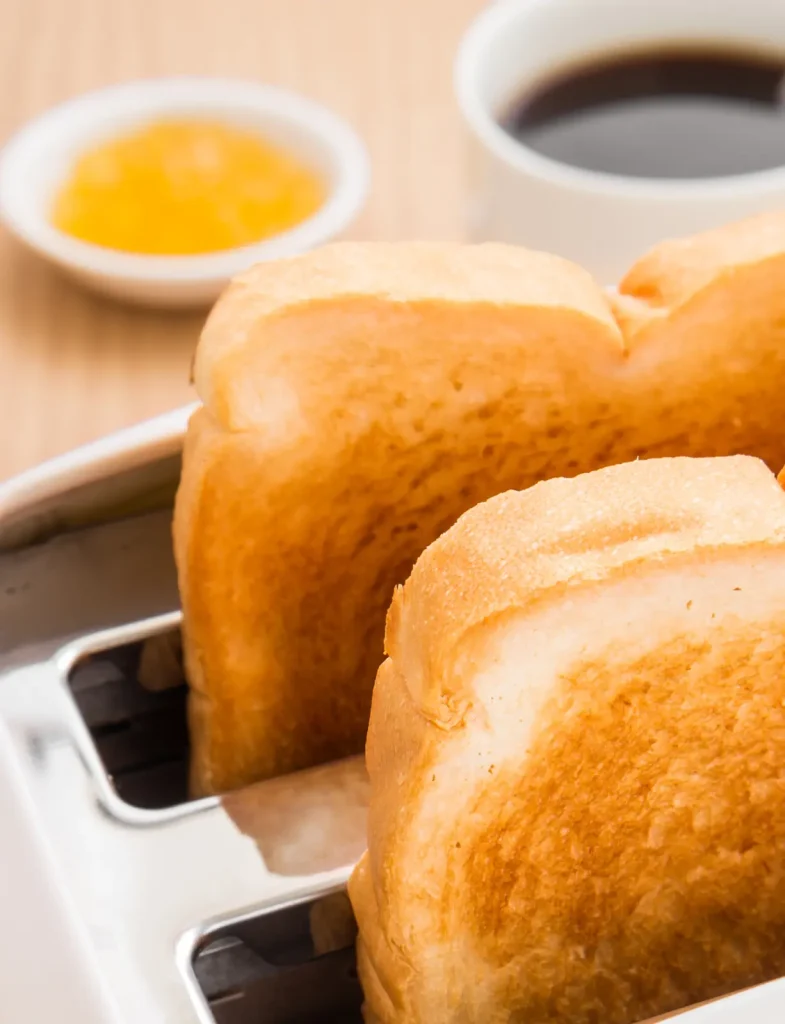
And what exactly qualifies as burnt food? A little black on your toast certainly counts (or steak, if you’re so inclined). But even some seemingly innocent foods–like coffee or potatoes–could be the culprit of (sometimes invisible) burns.
Okay, I guess probably nobody thinks of coffee as an innocent food. But potatoes? Even sweet potatoes?
It all depends on how it’s made, and there are two issues to consider: Black and brown coloring/burns that you can see, and the kind you can’t see from cooking sugars and starches at high heat. Think: cookies and cereals.
Would it be better if you NEVER ate food that was slightly burnt or made at high temperatures? Well, yes, probably. But will it actually cause cancer if you do? The official verdict is no, *not necessarily.* At least not from seldom, random exposures. But let’s dig into the research to find out a little more clearly: is eating burnt food bad?
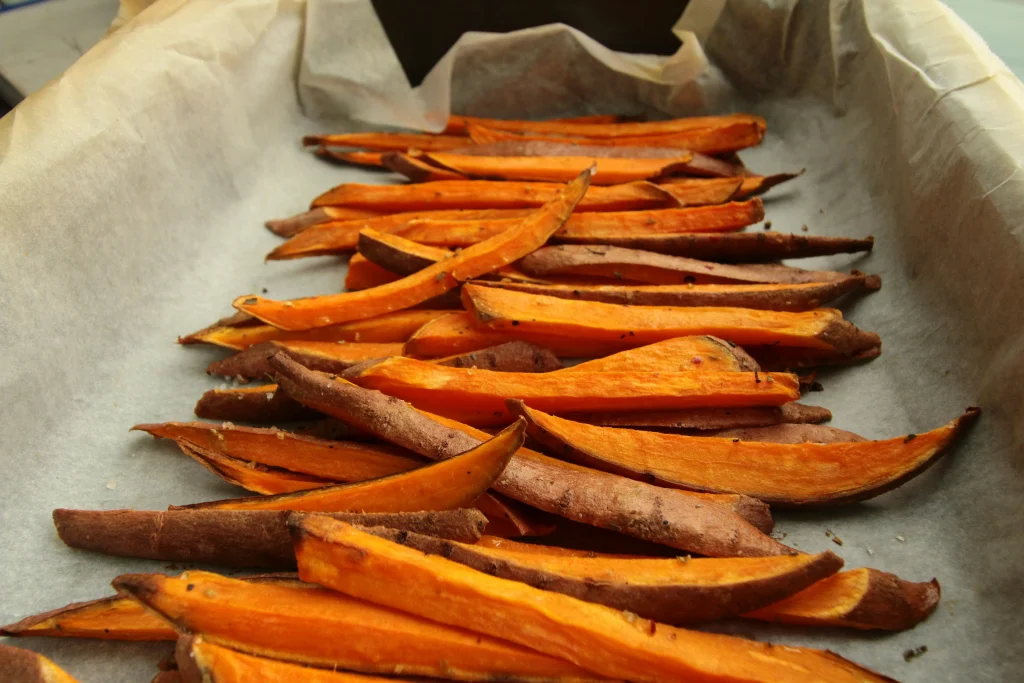
Is Eating Burnt Food Bad Enough To Cause Cancer?
Cancer seems to be the number one biggest concern when it comes to eating burnt food. For decades, researchers have been studying acrylamide, the main substance studies have shown to be carcinogenic when it comes to burnt food.
However, when it comes to getting cancer from acrylamide, it seems the studies have only shown results in animals, and animals consuming very high doses of the stuff. Some experts say you can eat a little now and then and you’ll be fine. Others advise more caution.
Impassioned observers of this ongoing debate use cigarettes as an example of why we can relax. You don’t get lung cancer from one or two cigarettes, right? (Interesting side note: cigarette smoke is one often-cited example of things that contain acrylamide.)

But others, perhaps correctly, point out that many, many cases of cancer are of “unknown cause” every year, yet we have all these known carcinogens floating around in our environment.
Is Eating Burnt Food Bad According To The Government?
According to the FDA, both the U.S. National Toxicology Program and the Joint Food and Agriculture Organization/World Health Organization Expert Committee on Food Additives (JECFA) “consider acrylamide to be a human health concern.”
And, as we are about to find out, acrylamide is the main risk of burnt food, plus processed foods made at high temps.
New research on this subject is still emerging, and the jury is very much still out when it comes to making any moves on food products. As in, manufacturers are still making and selling processed food containing acrylamide, but maybe in 100 years that won’t be allowed.
You can still find a list on the U.S. Food and Drug Website, discussing acrylamide and ways to avoid it.
What Foods Contain Acrylamide?
Brace yourself. Turns out many, many foods contain acrylamide. Dairy, raw fruits and veggies, tofu, and meat products are in the clear. At least, meat is until it’s grilled. Quick detour…
Does Grilled Meat Cause Cancer?
When meat comes in contact with high temperatures (especially flames) on the barbecue, it produces toxins like heterocyclic amines (HCAs) and polycyclic aromatic hydrocarbons (PAHs). Plus, the blackness you can visibly see conveys that acrylamide is present.
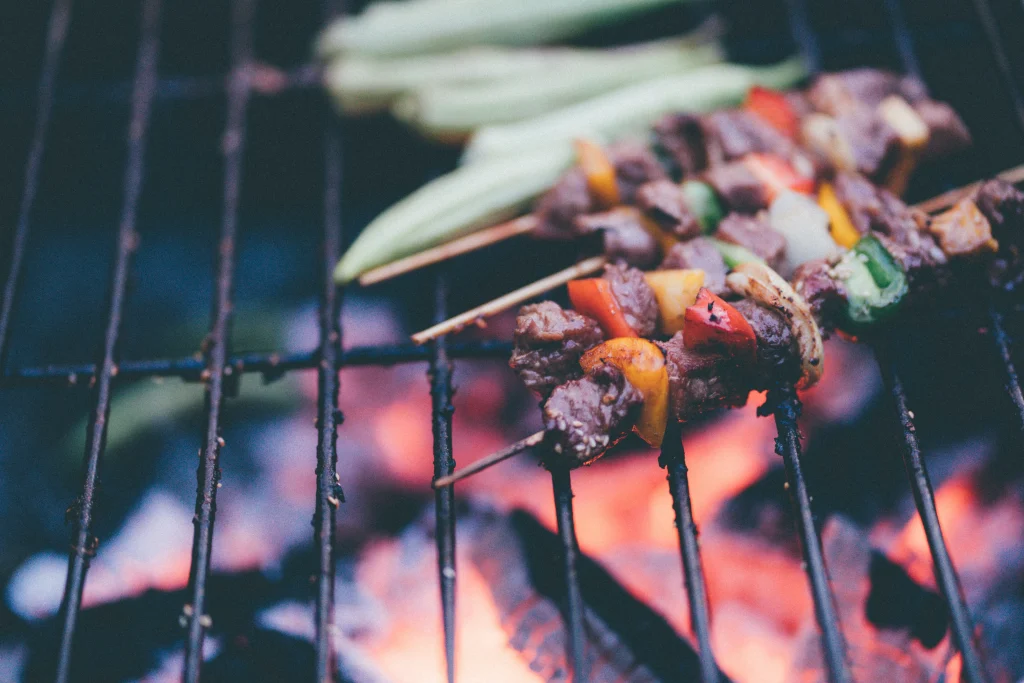
Catherine Carpenter, PhD, a professor of clinical nutrition and a member of the UCLA Jonsson Comprehensive Cancer Center, advises on how to reduce cancer risk when grilling:
Don’t grill on direct heat, trim any black bits off before eating, and fill your plate with fruits and vegetables whose antioxidants can help offset the cancer risk.
Boiling or steaming foods does not produce acrylamide.
Acrylamide is Mostly a Processed Plant-Based Food Issue
The first time I went down the rabbit hole of acrylamide research was actually when I saw a warning about it on a bottle of molasses. Turns out, acrylamide often forms in foods with high sugar and starch, and molasses, being a by-product of sugarcane, has a fair amount of it.
A quick search will reveal the same foods popping up over and over for high levels of acrylamide: French fries, potato chips, bread, cookies, crackers, biscuits, coffee, microwavable popcorn, and cereal. Yes, these are all plant-based foods, but they’re *highly-processed* plant-based foods.
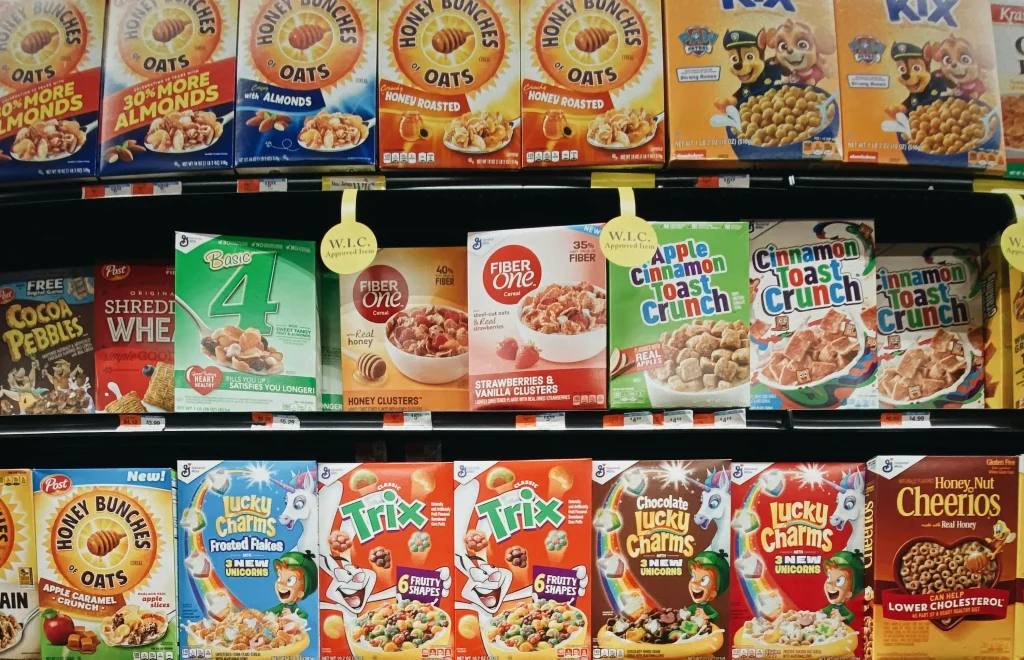
The National Cancer Institute also lists some surprising foods as high in acrylamide, like canned black olives and prune juice. (Molasses doesn’t register much, probably because no one is eating large doses of molasses.)
Being the starchy veggie that it is, potatoes are kind of high risk all around when it comes to acrylamide. Potato chips (not visibly burnt) and browned French fries both contain acrylamide.
How about my favorite charred sweet potatoes, frozen and ready to use from Costco?
Unfortunately, if you can see black or dark brown on the food, you’re better off not eating it. Or at least cutting the black part off.
As for the other foods listed, since they are mostly super processed, there are plenty of reasons to avoid them anyway. And maybe just take it easy with prune juice, which most of us don’t drink regularly, anyway.
Conclusion: Is Eating Burnt Food Bad After All?
It’s one of those things that is still being studied, but experts all around seem to be giving the same advice: be cautious.
Don’t eat fries if they are brown around the ends. Cut the black part off your barbecued foods. And try to remember moderation, especially when it comes to processed foods.
Although factories have been making these foods for many decades now, they are still new enough that scientists don’t exactly know all of their effects on humans. What we do know, though, is that their effects are not usually good.
So shop the perimeter. Get plenty of raw, steamed, or boiled produce in. And eat whole whenever you can.
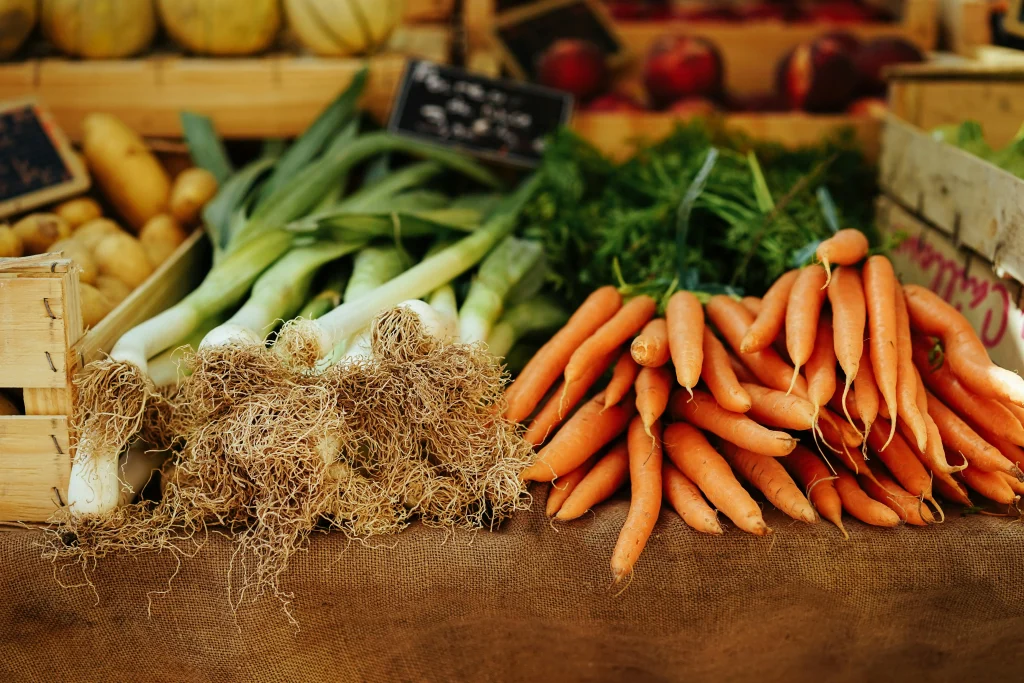
If You Enjoyed “Is Eating Burnt Food Bad?” You May Enjoy Learning About Arsenic in Rice
Maybe enjoy isn’t the right word. But learning about food and health certainly brings some peace when you know you’re doing your best to keep the ones you love healthy. Knowledge is power!
Try Some Fresh Whole Foods!
One of my favorite ways to avoid processed foods is to pack my diet with fruits and veggies. One of the easiest ways to do this is via smoothies. You can blend almost any whole produce into something delicious, like this delectable strawberry banana smoothie.

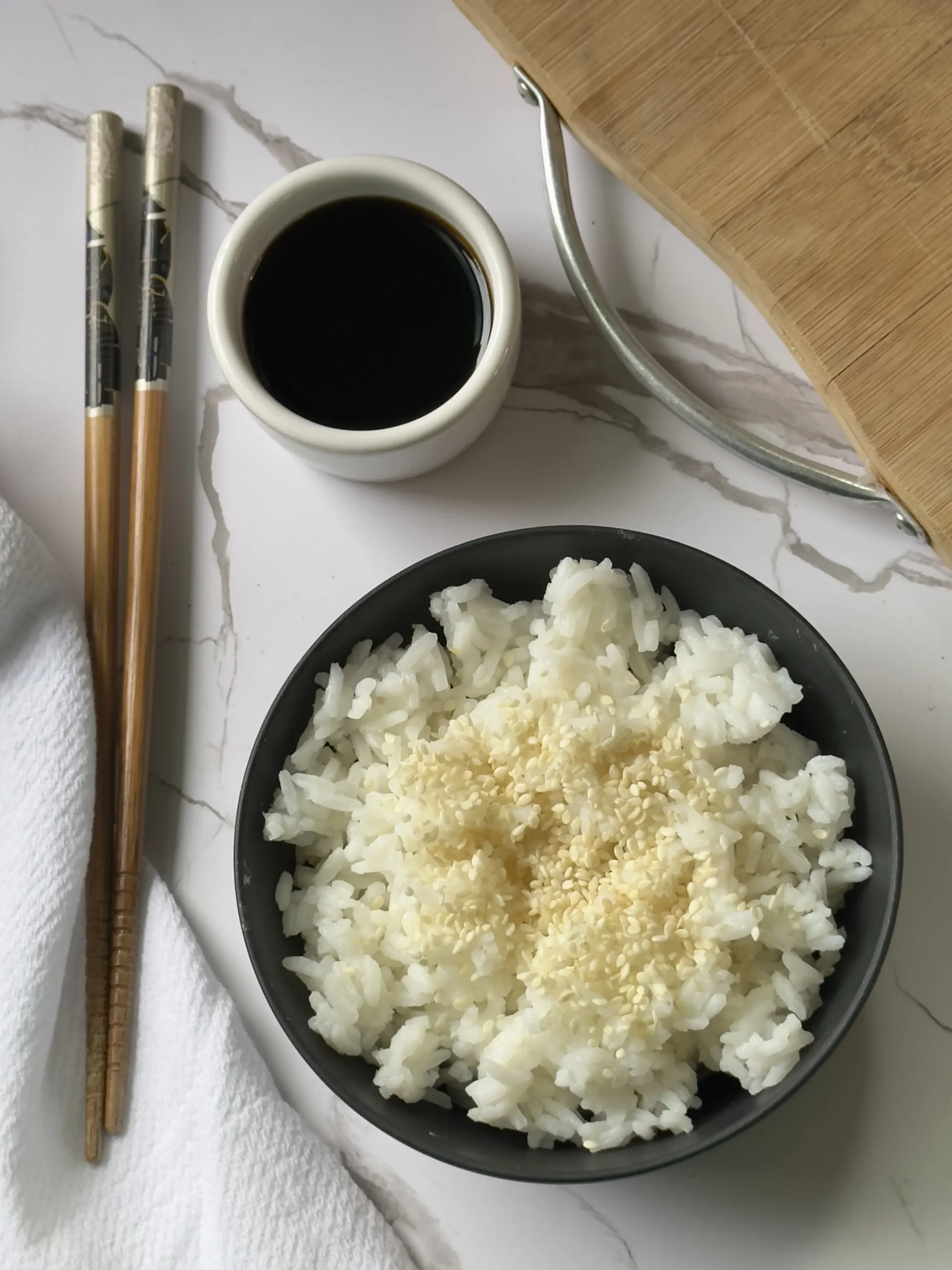
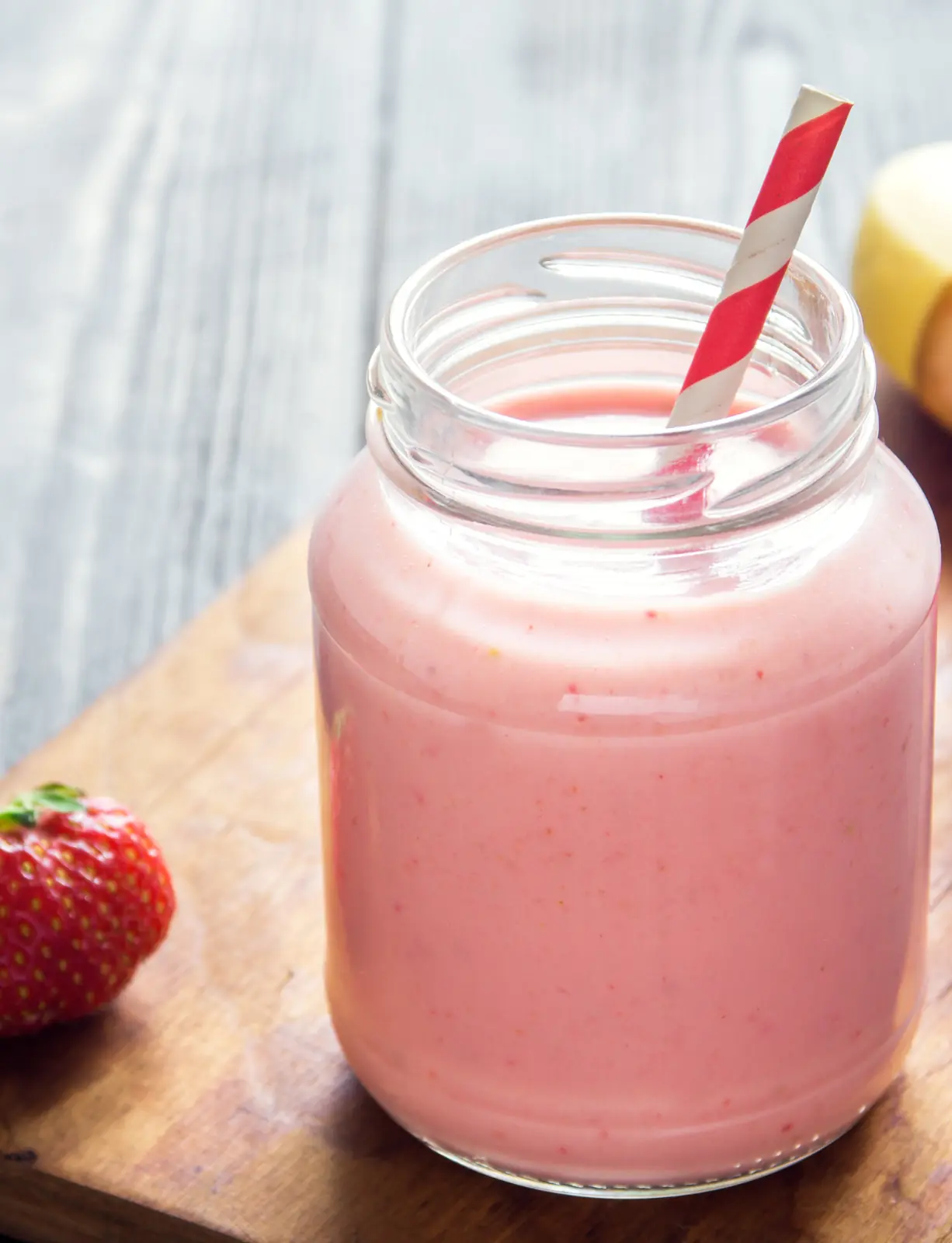
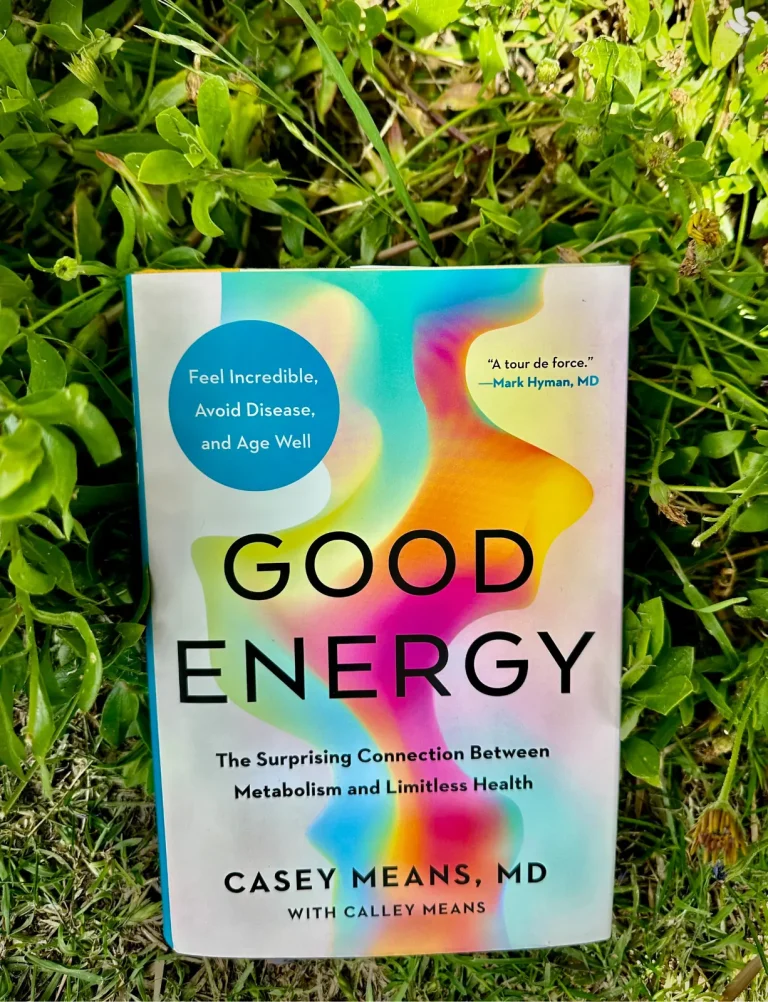
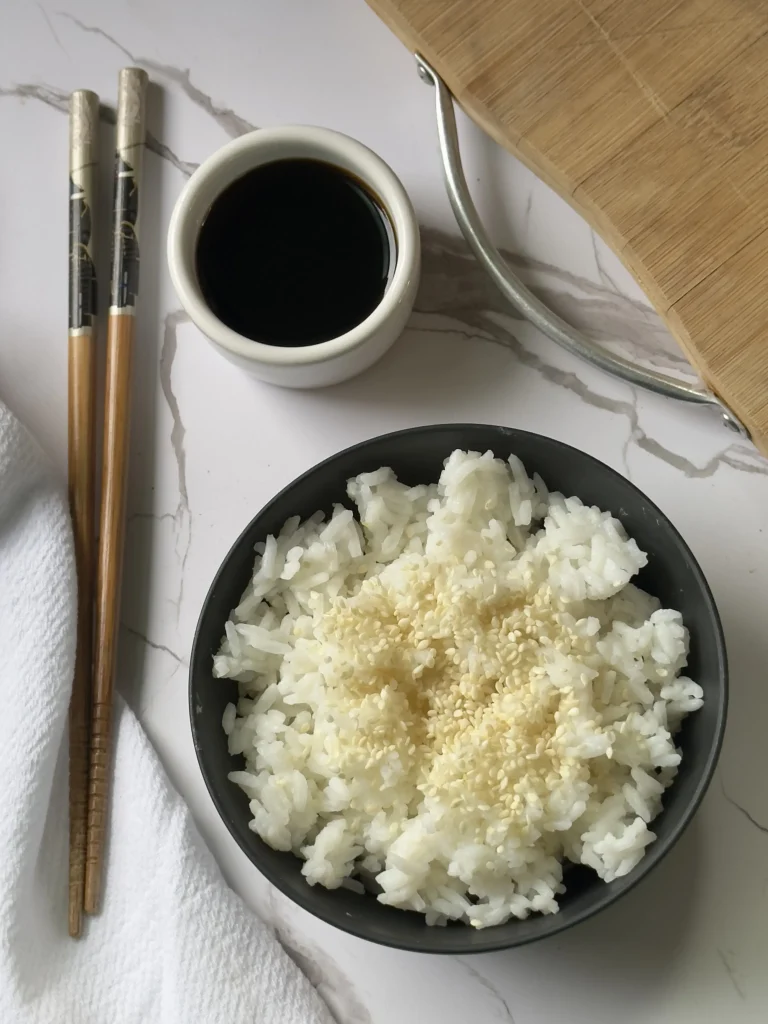
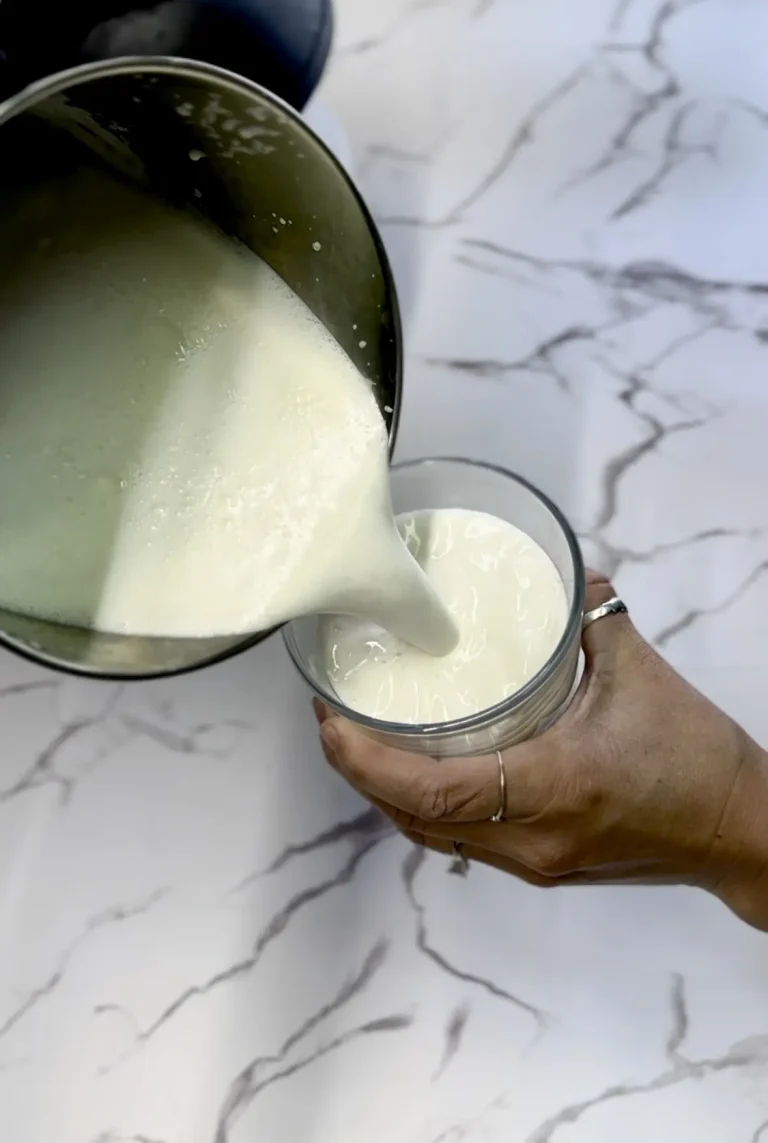

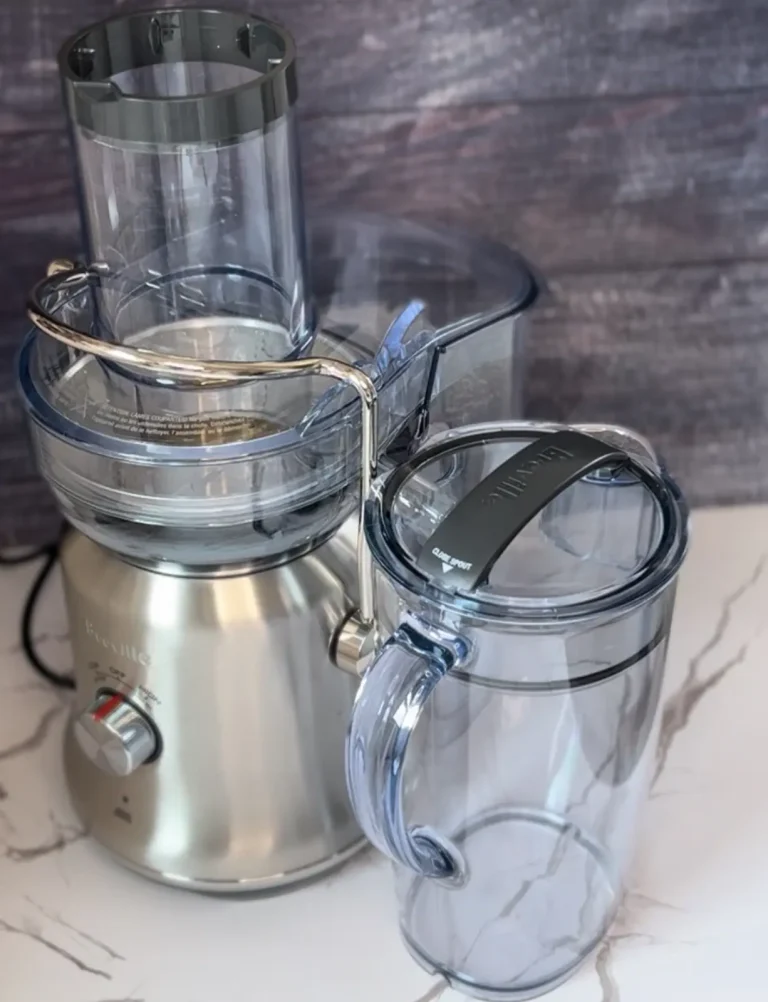
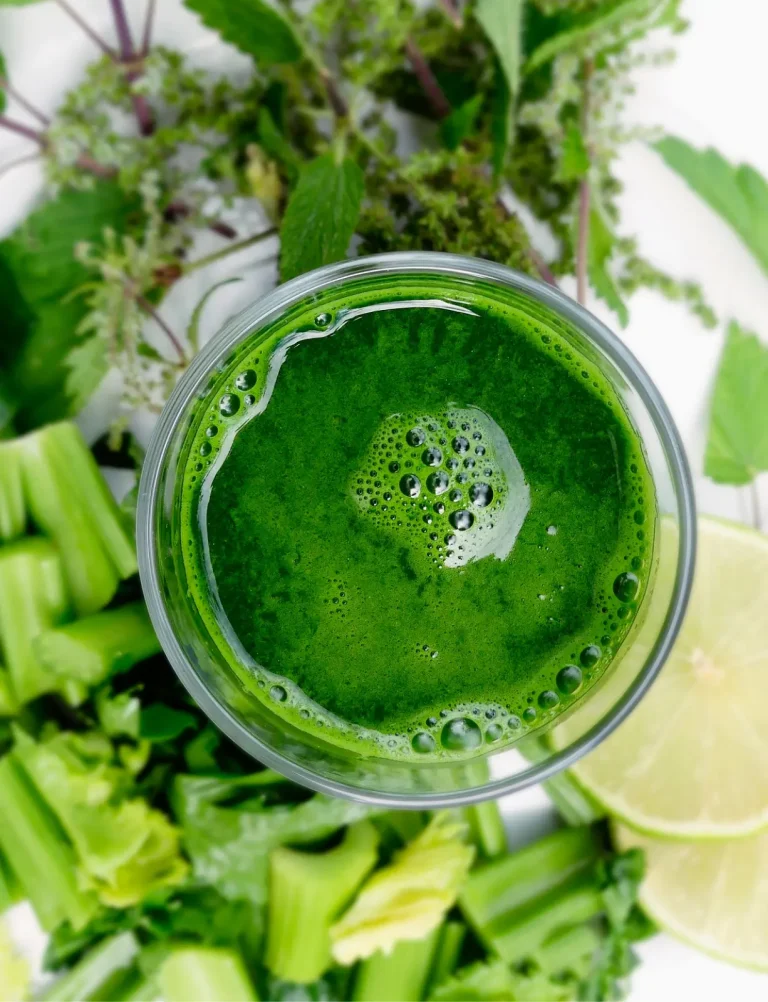
Woahhhh! This is all news to me! I seriously don’t mind when my toast is a little charred or BBQ meat is a little burnt. I had never considered the effects of it before! A seriously enlighting post! Sim x #SSPS
Thanks for visiting Sim, it’s true, most people (including myself) don’t ever get the idea to think about stuff like this!
Very interesting! I’ve heard about this, but it was never anything official. This really makes you think!
I know! I was shocked when I went down this rabbit hole, too. Never really took it seriously before I have to admit. Thank you for visiting Susan!
Wow, this is so interesting. I’ve heard about high temperature cooking, but didn’t know any of this. Visiting from Senior Salon Pit Stop.
Thanks for visiting Jennifer! I know, it was a lot for me to learn myself!